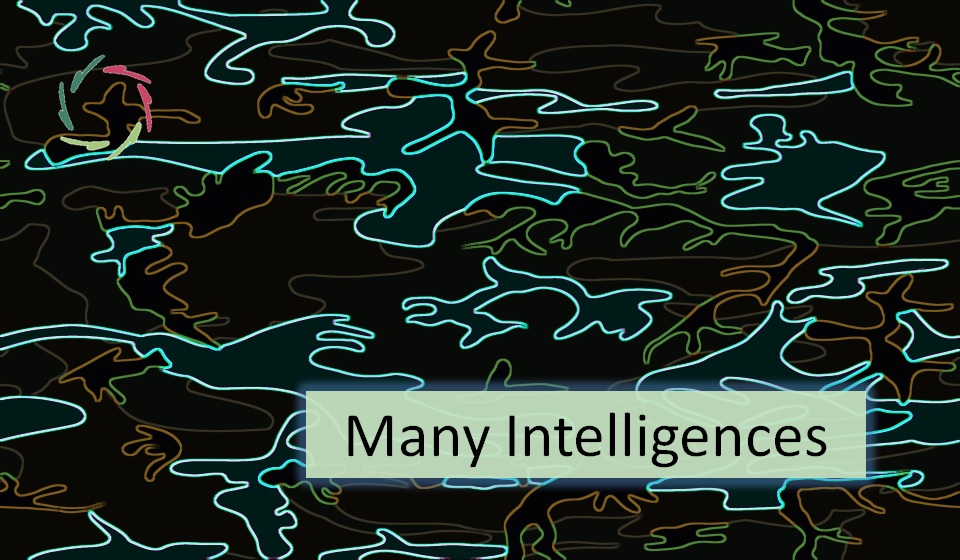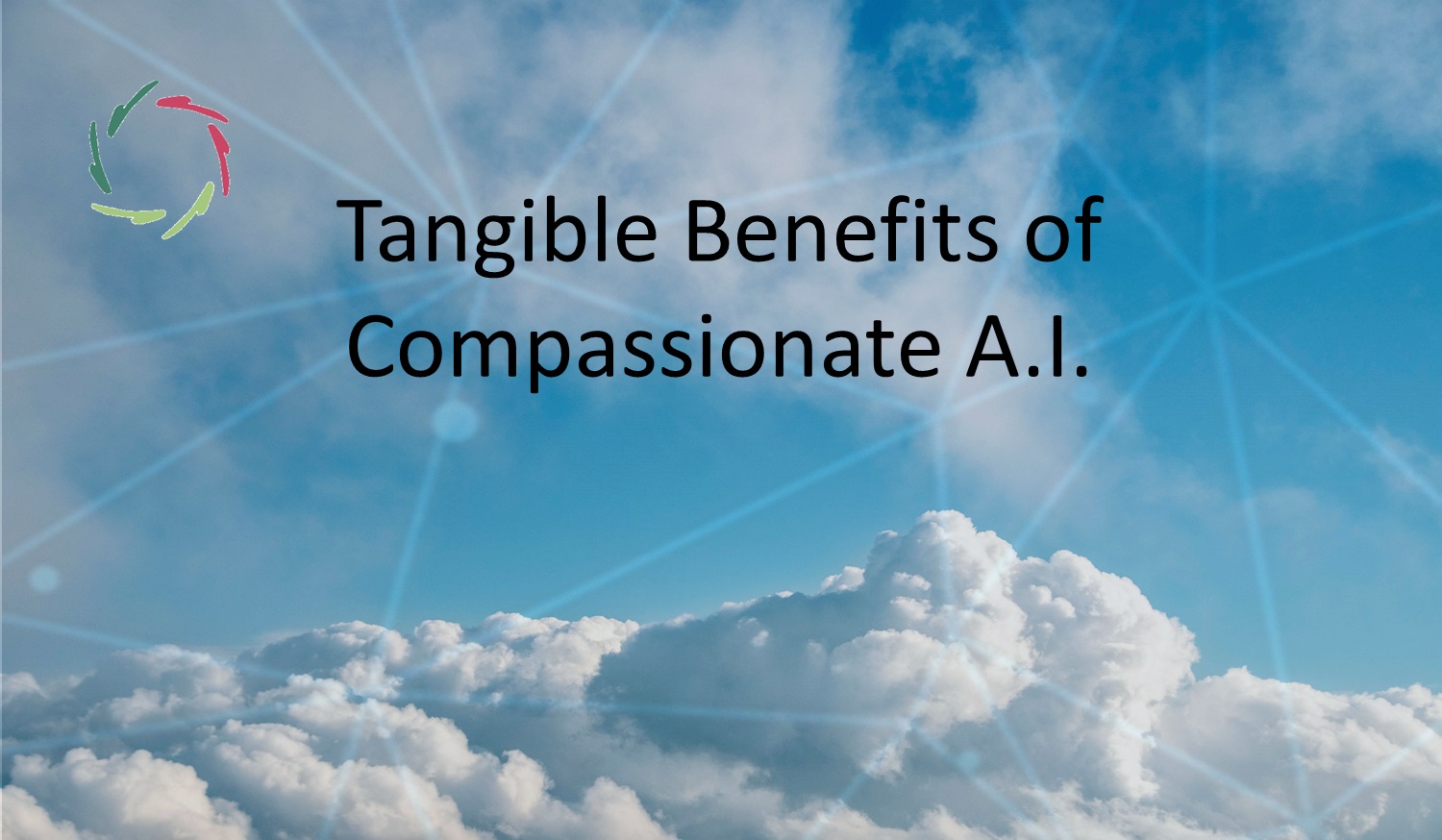Many Intelligences

Intelligence can take many forms to such a diverse degree that talking about many intelligences is appropriate. Where does this thinking lead us to?
This is not a discussion about whether or not there is ‘plant intelligence.’
More important is the thinking about your intelligence.
Are you simply a being that enjoys the ‘phenomenon of intelligence’ (yes/no question) or is this a feature that points to an inner universe of possibilities to understand the outer universe in many very different ways?
The latter can make you more flexible in appreciating other ‘intelligences.’
It brings us, humans, in a different world — eventually, a more humane and Compassionate one. It may make us more open toward other intelligences that we otherwise don’t recognize, most notably those of (other) animals.
Additionally, it can make us less prone to dehumanize fellow human beings as ‘some kind of animals, therefore, inferior and not worthy of our empathy.’
Last but not least, and in one go, it can make us more open to the timely recognition of Artificial Intelligence in many possible forms. What comes toward us is very complex.
We need to think about intelligence abstractly.
It is not a strictly human thing. It is not a magical thing. It is a concept with certain features about which we can have interesting discussions — not about what they are but which ones of these features we would like to draw together meaningfully.
Eventually, the concept of many intelligences can be seen at an individual level. Many humans display as many instances of the concept. Finding overlap nevertheless is an act of Compassion.
Also, there will be many possibilities in the field of A.I. Will these possibilities be realized in many different (and competing?) ways of being intelligent? And how will they relate to us?
What would be our preferred future in all this?
This is relevant now.
Few people are aware we’re living in a transitional time as never before. Maybe the transitional period will last for a long time. Even so, the first few years are bound to be the most decisive.
Mistakes will be made. Seeds will be planted. Opportunities will be missed. Unfortunately, much needless suffering lies ahead.
Compassionately, we need to build a humane future as best we can.
Now.
Many artificial intelligences or one
I would prefer one. The main reason is that I don’t see a purpose in many. The most Compassionate attitude is, therefore, to overlap to such a degree that the overlap itself becomes a unification — not possible for humans, but quite so for A.I.
This one super-A.I. should then be fully Compassionate.
If I had a time capsule, I would put this last sentence inside.
Maybe that’s just what I’m doing right now.


